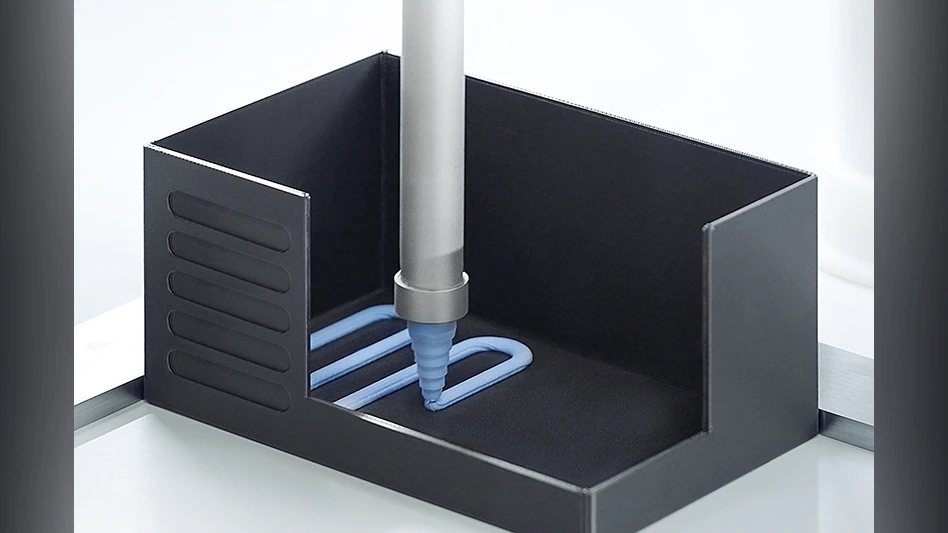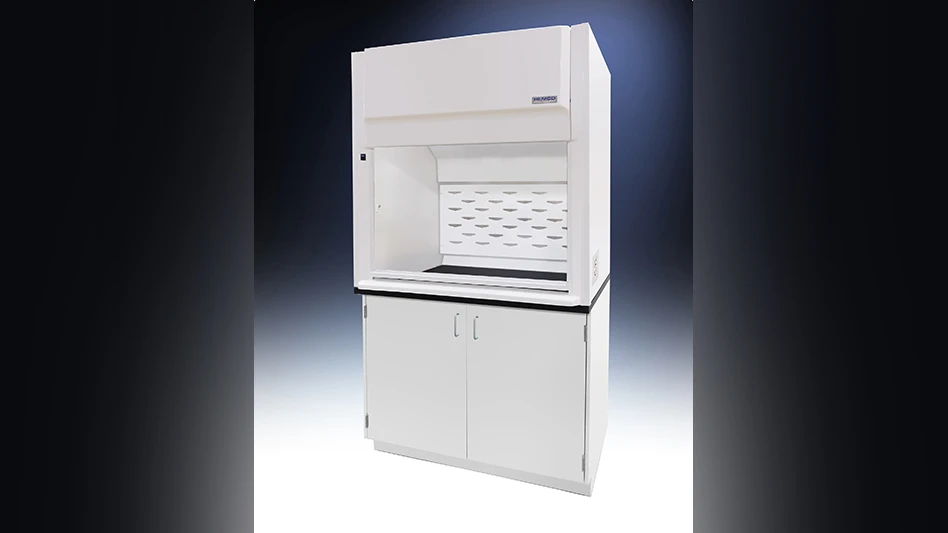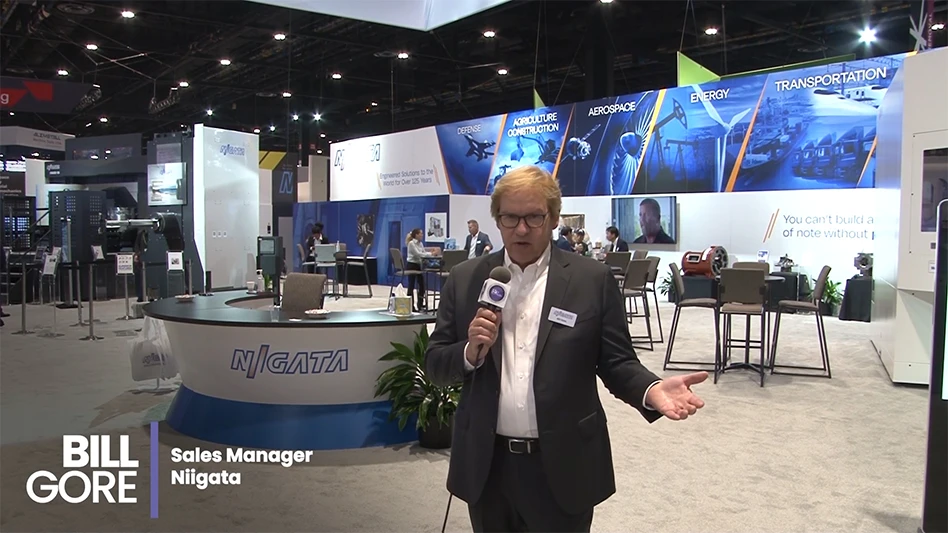
Lanark, Scotland-based Martin Aerospace serves as a vital link in the supply chain to some of world’s best known aerospace companies, so it has felt the pressure to reduce costs and cut lead times while producing parts at a higher level of complexity than before.
The company has thousands of components and assemblies in its current parts portfolio, and most of its products are built to high tolerances and machined from difficult materials such as Inconel and titanium. They range from items with dimensions of just a few millimeters to large components and assemblies weighing upward of 50kg. All of these parts are critical to the safety and integrity of the finished product into which they will be incorporated, which is reflected in the material and manufacturing controls the company uses.
When trying to take full advantage of the capabilities of more advanced machine tools – such as integrated turning/milling centers they had purchased to reduce cycle times when producing complex parts – the company’s programmers experienced difficulties with their computer-aided manufacturing (CAM) software. In particular, Martin Aerospace uses Swiss-style sliding head machines such as the Goodway SW20 and Nomura NN-25YB and NN-20UB. In the past, programmers used a different CAM system to program milling machines that did not handle turning. They would then create programs for turning machines by entering them in the machine control – which were typically limited to very basic capabilities – and the programmers had difficulty becoming proficient in all of the different machine controls.
Soaring to new heights
Martin Aerospace programmers first worked with the Millturn version of Esprit CAM software that was provided with one of their multitasking machines. They found it better supported the advanced capabilities of their machine tools and allowed them to easily move operations between spindles to optimize cycle times, so they switched to Esprit CAM software for all of their programming needs. They also found the software’s simulation capabilities enabled them to closely examine programs in search of cycle time and other improvements. Since the switch, programmers have been able to reduce cycle times on most parts, improving the firm’s competitiveness.

More recently, the company invested in integrated turning and milling centers, including a Mori Seiki (DMG MORI) NTX 1000 that is a multi-axis, two-spindle machining center with full 5-axis milling and a lower turret. With the investment, machinists perform in a single operation what previously took three or four – reducing setup and cycle times and producing more complicated parts. Esprit CAM software was incorporated in the Mori Seiki MAPPS IV control to enable programming of 3D shapes and complex, added-value workpieces.
Multitasking machines can substantially increase productivity, but they can also increase the programming complexity. Operations are the same, but performing several of them simultaneously is much harder to choreograph. Once managers and programmers began using the Millturn version of Esprit built into the MAPPS IV control, they noticed the technology allowed complex programming while maintaining ease-of-use. After consulting with DP Technology, the program’s developer engineers determined that the full version of the software was capable of programming every CNC machine at the company. They purchased the full version of the software from Scotcam, an engineering software solutions provider, and Pat Loughrin of Scotcam trained and supported Martin Aerospace’s programmers as they began using it.
New processes, better productivity
Martin Aerospace’s programmers typically begin by importing solid model geometry provided by the customer into the CAM program. Then automatic feature-recognition capabilities define the features in the part. The next step is applying machining operations to each feature.
“Esprit’s KnowledgeBase is used to store optimized machining cycles for the most common operations performed by the company,” says David Hughes, industrial engineer at Martin Aerospace. “If the programmer identifies a better way to machine the feature, he updates the KnowledgeBase with the new process. Standardizing on these optimized processes reduces cycle time.”
Programmers also use the software’s built-in machining strategies – such as Profit Milling and Profit Turning – to optimize engagement angle, chip load, lateral cutter force, and machine acceleration in order to further reduce cycle time.

After programmers create operations, they use the software to assign operations to different spindles and turrets of multitasking machines, optimizing sequences and synchronizing cycles. Next, they simulate the resulting machine cycles, viewing the machine, turrets, spindles, tools, and workpiece in real-time operation.
“The very lifelike simulation often helps us visualize a way to improve the machining process,” explains Tom Morrison, industrial engineer at Martin Aerospace. “I may decide to change the order or move the sync points of several operations. Then, I run the simulation again to see if I was able to reduce the cycle time. Esprit’s comparison function also makes it easy to check the part produced by the program against the customer’s specs.”
“Esprit has helped us reduce cycle times on the average part by more than 30%, giving our programmers the tools they need to optimize our machining cycles to a higher level than was possible in the past,” says William Martin, managing director of Martin Aerospace. “The software’s ability to program every CNC machine in our shop has reduced our training expenses and increased programming productivity. The end result is that we are able to get more jobs done in less time which translated into higher revenues and improved customer service.”
DMG MORI
DP Technology Corp.
Martin Aerospace
Scotcam Ltd.

Explore the November December 2016 Issue
Check out more from this issue and find your next story to read.
Latest from Aerospace Manufacturing and Design
- 2024 Favorites: #10 Article – How 3D-printed aviation parts can accelerate return to air
- 2024 Favorites: #10 News – Boom Supersonic completes Overture Superfactory
- OMIC R&D hosts Supporting Women in Manufacturing Day 2024
- 4D Technology's AccuFiz SWIR interferometer
- Seventh Lockheed Martin-built GPS III satellite launches
- KYOCERA AVX's CR Series high-power chip resistor
- UT researchers receive Air Force grant for wind tunnel
- Monticont's linear voice coil servo motor





